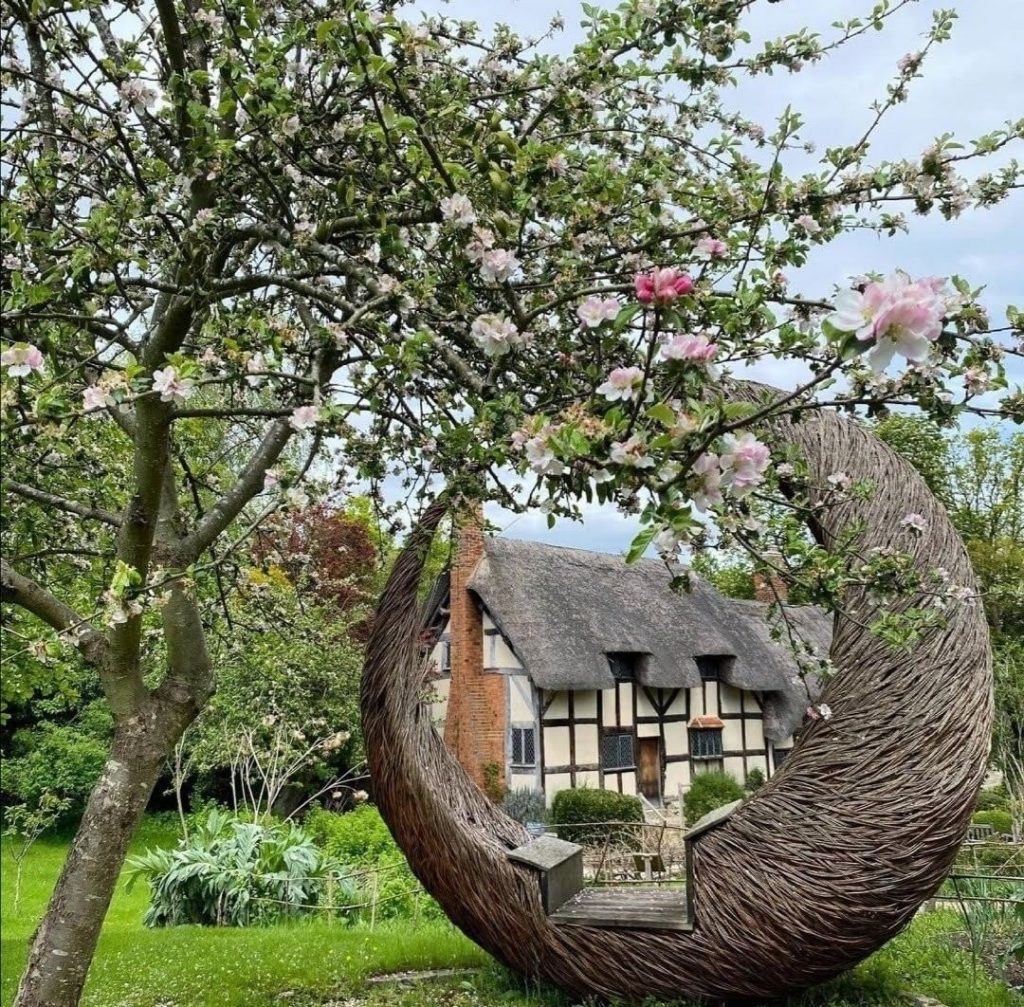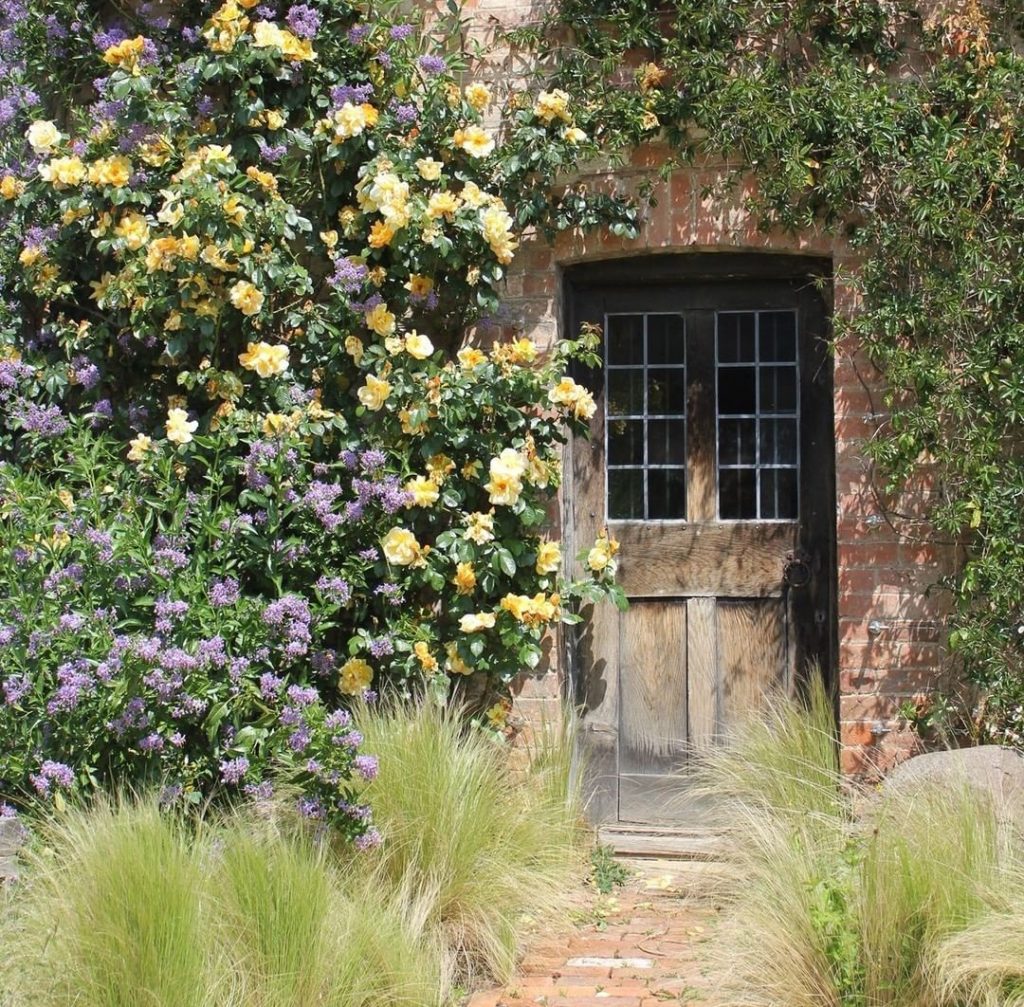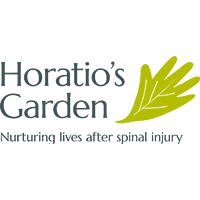All’s well that ends well for latest WRAGS trainee, Lorna Hobart
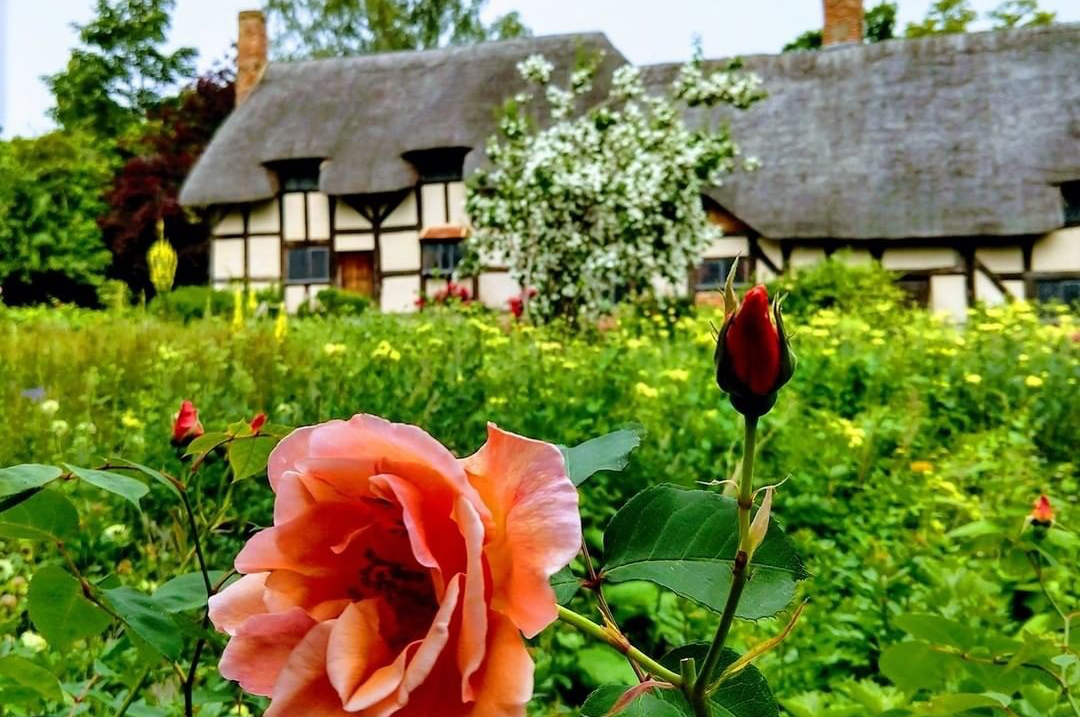
Lorna Hobart, is the latest trainee to benefit from National Garden Scheme funding in partnership with the Working for Gardeners Association. Here, she describes her placement with the Shakespeare Birthplace Trust.
 In February 2020, I began placement with the Shakespeare Birthplace Trust, organised through the Working for Gardeners Association (WFGA) and funded by the National Garden Scheme. What a journey it has been. The gardens team were furloughed initially over the first lockdown, so the bulk of my training has taken place from October 2020, under very changed circumstances. I got to see and appreciate first-hand the difference a gardener makes, chiefly under the counsel of Bertie, who undertakes the labour of love with unmatched diligence and respect, and George, with whom my first interaction in February had been the Socratic declaration, ‘Hi, I’m George, I know nothing’. George’s stoic work ethic and historical insights have shown that to be far from true.
In February 2020, I began placement with the Shakespeare Birthplace Trust, organised through the Working for Gardeners Association (WFGA) and funded by the National Garden Scheme. What a journey it has been. The gardens team were furloughed initially over the first lockdown, so the bulk of my training has taken place from October 2020, under very changed circumstances. I got to see and appreciate first-hand the difference a gardener makes, chiefly under the counsel of Bertie, who undertakes the labour of love with unmatched diligence and respect, and George, with whom my first interaction in February had been the Socratic declaration, ‘Hi, I’m George, I know nothing’. George’s stoic work ethic and historical insights have shown that to be far from true.
What I have learnt from my WRAGS training is, without doubt, a wide set of horticultural skills across all five of the Shakespeare Birthplace Trust sites (each extremely different gardens in themselves, with unique styles and histories), and a stamina for standing out in the cold dancing like Pingu. However, my chief learning over the last year has been deeper and much longer-lasting: a way to appreciate the living world, which is constantly moving, responding, evolving. “Plants are intelligent” – common words bounced from a gardener’s lips and across the manifold of leaves, bees and soundwaves… all those plants moving with the wind, emitting frequencies we do not hear.
The Shakespeare gardens are full of such plants. They collectively tell a rich social history, going back to the pre-industrial times of Shakespeare, and over the centuries incorporating the onslaught of plant-hunters’ global collections and the ongoing cultivations of their findings. Gardens are always evolving as the bizarre living circuses of our human ambitions. Equally, and gratefully, our gardens never cease to be dotted by those wildflowers that once populated an ancient Arden, before the human hand made its distinctions between what was useful (times of want), then ultimately what was ornamental (times of prosperity).
We enter again increasingly into unprecedented times of want, and gardens do and will have a vital role to play. Gardens evolve with the changing world and are far from static. They are not a picture frame for Man’s empire of brick and mortar, but are living histories, and the inkwells from which poetry, beauty and life pours. If you agree, be sure to visit the Shakespeare gardens, show your support, and – whatever age you are – it’s not too late [nor too early] to get into gardening and join the WFGA and National Garden Scheme, to whom I am indebted for this unique learning opportunity.
- Anne Hathaway’s Cottage
- New Place
The WRAG scheme, launched in 1993 by the charity, Working For Gardeners Association (WFGA) and supported by the National Garden Scheme, provides paid part-time practical horticultural training through carefully sourced garden placements where trainees learn under the instruction of the head gardener.
To read more about it click here
For more information and to visit the Shakespeare Birthplace Trust click here
All garden images courtesy of the Shakespeare Birthplace Trust
Read more about the apprenticeships and trainees the National Garden Scheme supports here
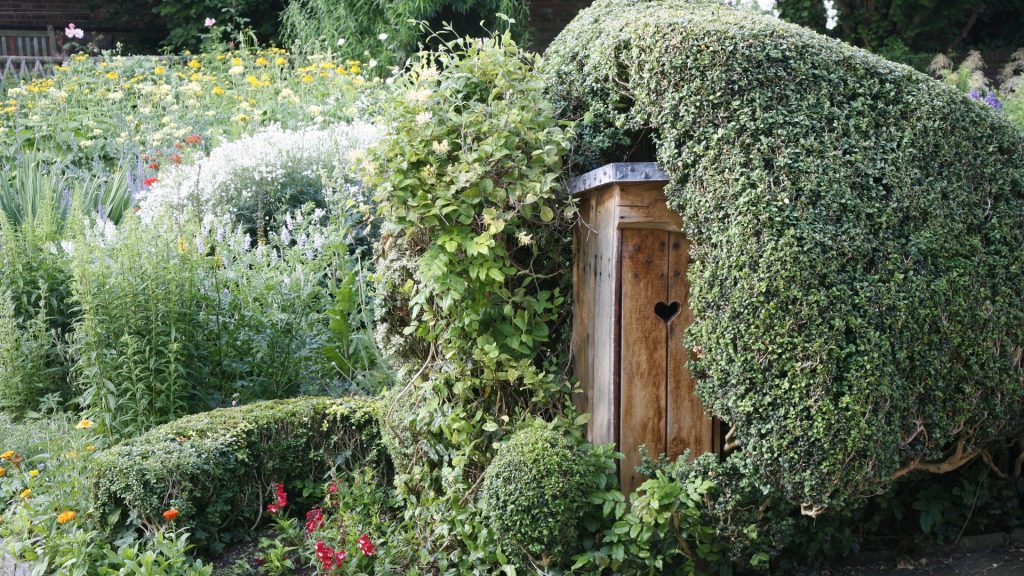
Anne Hathaway’s Cottage




